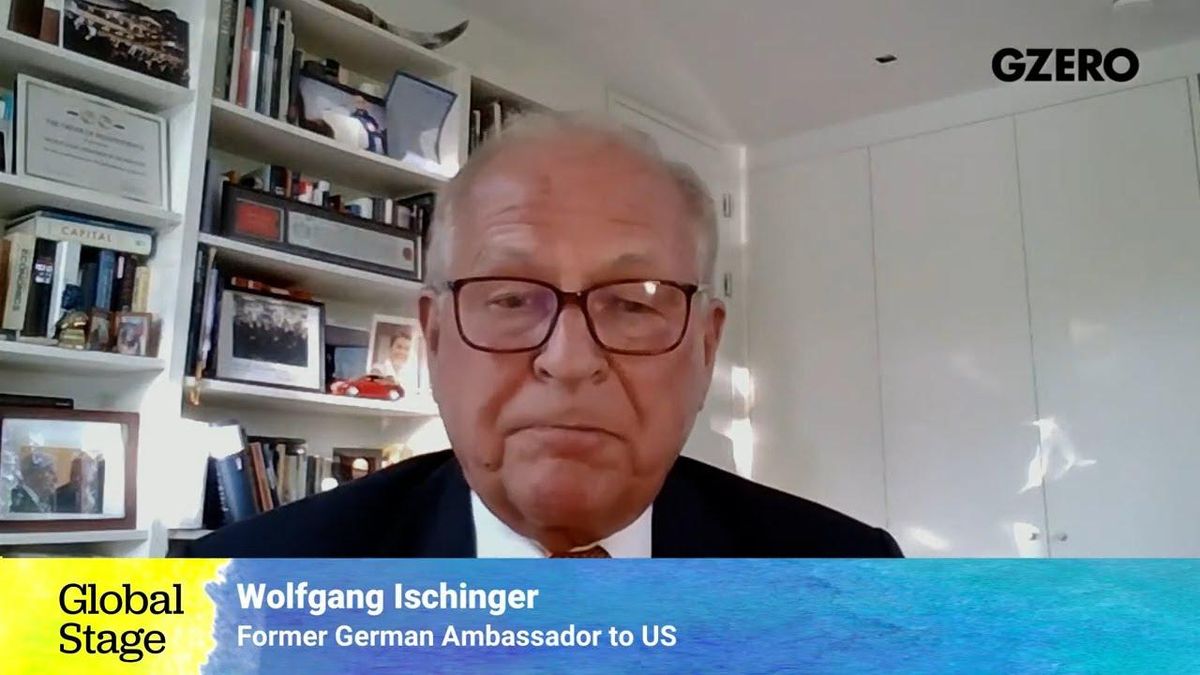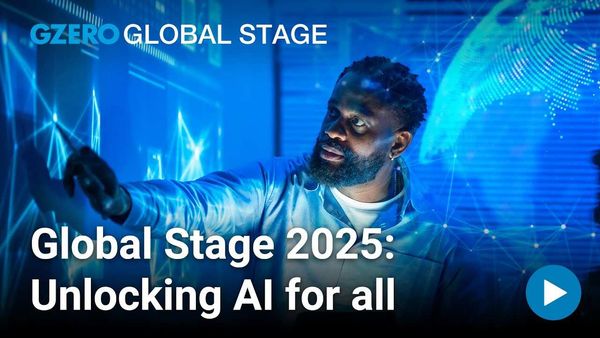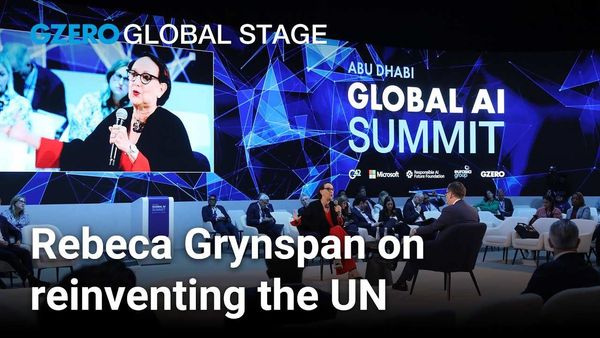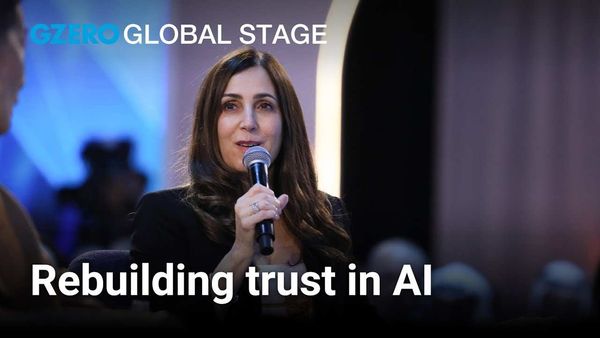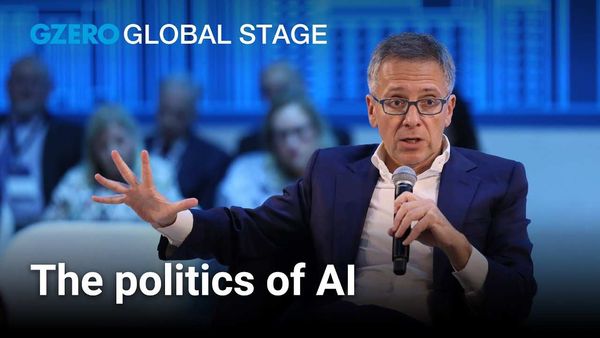In a discussion about cyber security and data privacy, Wolfgang Ischinger, Chairman of the Munich Security Conference, shared concerns that the public in Europe have a deep distrust of governments and the private sector. "Europeans across the board, don't even trust their own governments. They don't trust their own companies. They trust them a little more than they trust the American government and American companies," he explained, referencing recent polling data. "But the really worrisome thing is that they mistrust Americans almost as much, as you just pointed out, as they mistrust the Chinese."
Ischinger spoke during a live conversation with Ian Bremmer and other experts for GZERO Media that was also sponsored by Microsoft, about the role of the government and companies in cyber-security.
"Beyond SolarWinds: Securing Cyberspace," a Global Stage live conversation on cyber challenges facing governments, companies, and citizens, was recorded on May 18, and was held in collaboration with the Munich Security Conference as part of their "Road to Munich" series. Sign up for alerts about more upcoming GZERO events.


